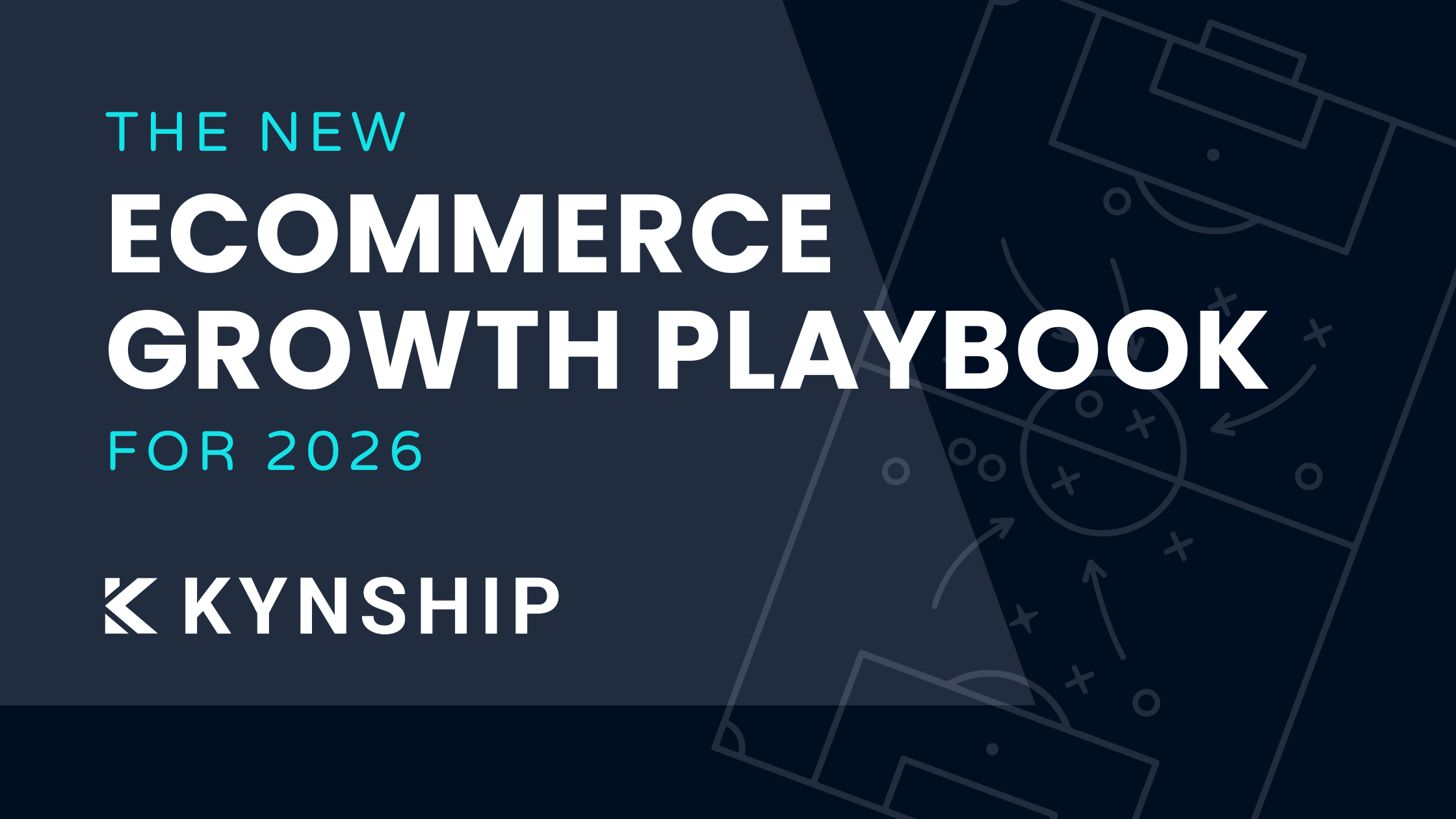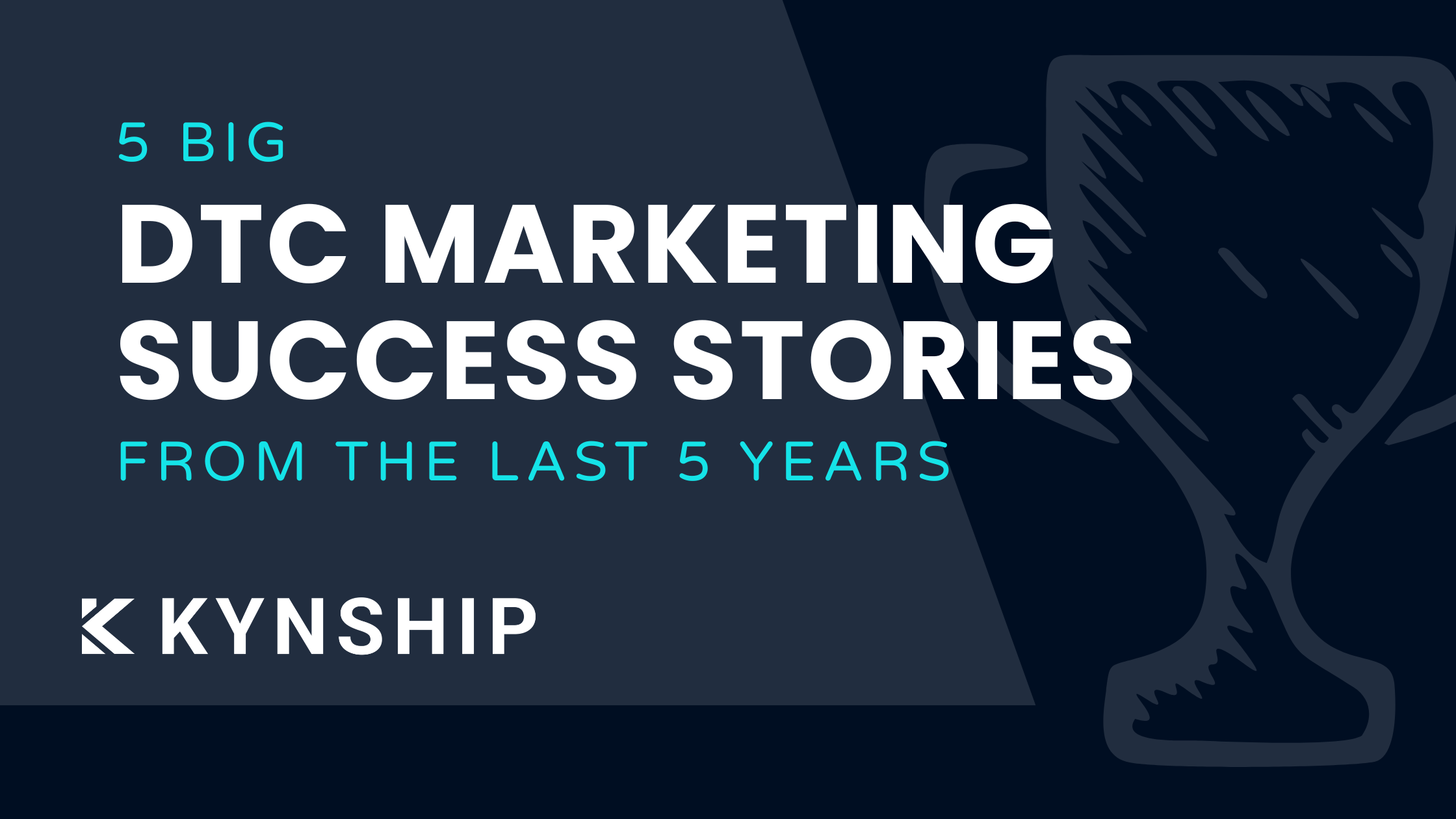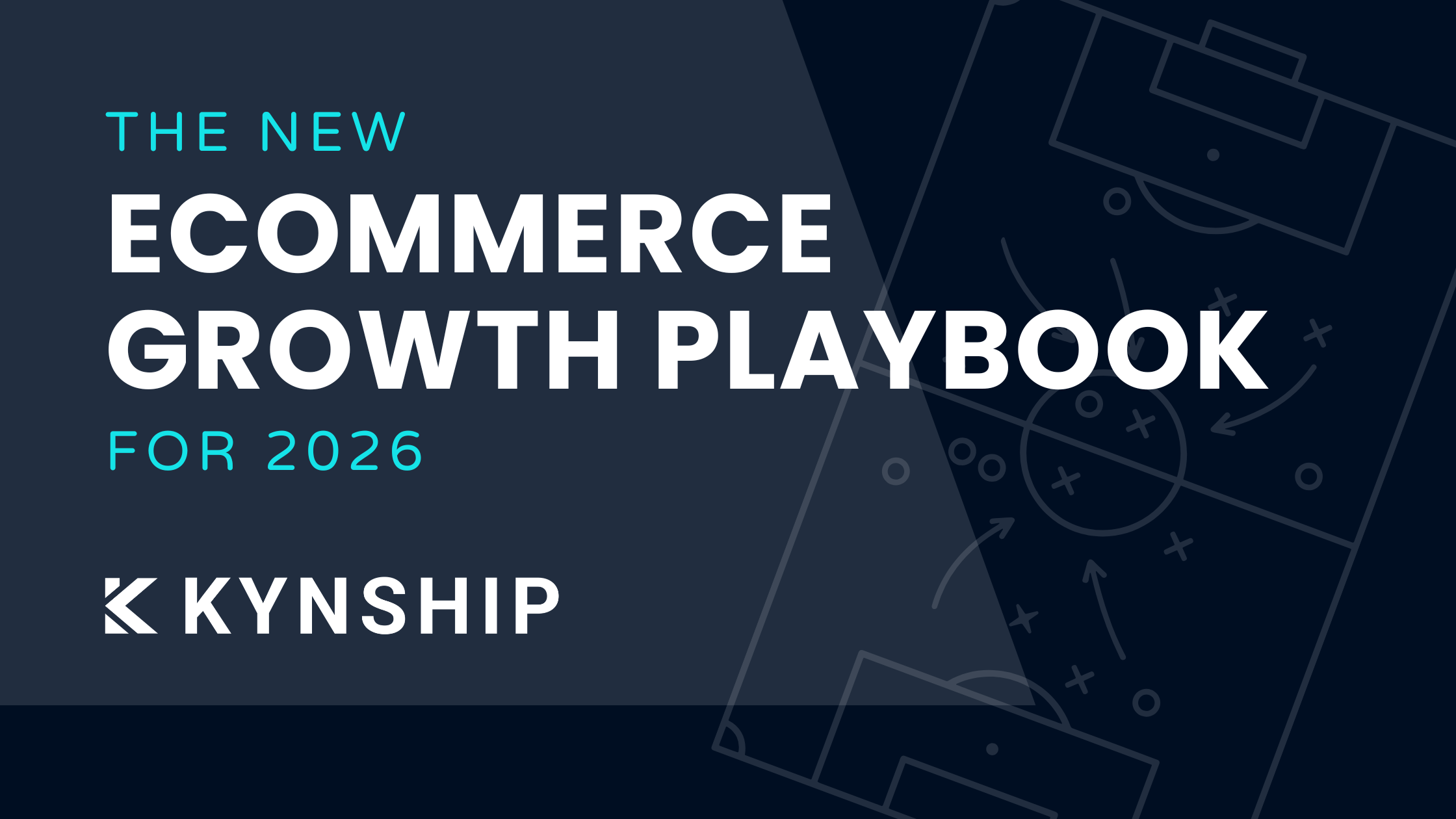Brutally Honest Advertising

Hey advertisers! Let's get honest. I mean really honest. Truth in advertising seems counterintuitive at times. Butal and hilariously self deprecating ad campaigns are becoming somewhat of a trend. I’m sure you saw the viral post about Prancer the demonic dog needing a home.

The clearly exhausted foster of Prancer felt she had no other way to rehome the “neurotic, man hating, animal hating, children hating dog that looks like a gremlin,” without putting it all out there for the world to see. What followed soon after was not only a perfect home for the not-so-cuddly chihuahua, but a new framework in the way we look at advertising.
Many people believe “truth in advertising” is an oxymoron.

Of course burgers always look bigger and juicier in ads than they do in real life. All women are rail-thin and perfectly endowed in fashion advertising. Undoubtedly, it’s always clear skies and mai-tais in the travel brochures for Maui. (No one really expects them to show the island in a downpour.)
For those reasons and more critics jump to the conclusion that all advertising is false advertising. True cynics will say that all marketers use dishonest “trickery” to get us to buy things we don’t want or need.
It’s a true but uncomfortable fact that truth in advertising isn’t something the consumer actually believes. At the same time, many marketers think that the consumer believes their word is gospel. Why do we continue this age old dance of convincing one another we believe something we don't?
The fairytale vs reality
Great brands are built by business owners (and their agencies) who know how to tell good stories. Good story telling always involves elements of truth, plus a little “creative license.”
Your brand stories don’t have to be literally true, but they must ring true to a particular group of people.
Even the most well-documented non-fiction stories are not 100% true.
Ken Burns, the famous documentary filmmaker once said, “all story is manipulation. Truth is a by-product of our stories, and emotional truth is something you have to build.”
As marketers, that’s what we’re really after… emotional truth. Nothing works better.
When your brand story strikes an emotional chord that matches someone’s personal worldview, you have a truth in his mind, and a winning campaign.
It’s more like suggestion than manipulation. In this age of instantaneous customer reviews, manipulation won’t fly. You have to be more subtle than that.
In Seth Godin’s book, “All Marketers Are Liars” he reminds us that the brand story you tell isn’t really your story at all. It’s the consumer’s story that he tells himself that really matters. You might try to “sell your story,” but in the end it’s the consumer who convinces himself why he wants or needs your product.
To quote advertising legend (and my personal Messiah) David Ogilvy, “The best ads come from personal experiences.”
How much does the “truth” matter?
In an old 60-minutes episode, the producers tried to paint the Italian eyeglass company, Luxottica, as irresponsible and phony because they make eyewear for dozens of different designer brands, including Oakley, Ray Ban, Prada, Polo, Coach, Vogue and many others.

60 Minutes says it’s misleading, that all those fancy brands are made out of the same factory. The reality? I don’t think anyone cares. The factory that produces the glasses, and the parent company behind the factory, are not the story that’s relevant to consumers. The brand is what’s relevant.
Regardless of the fact that all those glasses come from the same factory, consumers will convince themselves that their brand is better, different, and more desirable. That’s the power of great, long-term branding.
When you buy designer glasses from DKNY or Tiffany & Co. you’re buying into a different story than if you choose Oakleys. For some people, the Oakley story is more personally meaningful. More “true.” After all, we can’t discount the brand behind all the “Bros” holding a fish on their Bumble profile... can we?
For me, it’s not Oakley or Chanel. It’s the Ray Ban story that rings true. Or at least, the most truthful for me. Yes, I know that they were a cheap gas station brand until Luxotica bought the name. I still don't care. I love my wayfarers!
We’re #2!
Remember the honesty thing I’ve been talking about? This is what I meant.

We all have been taught since our childhoods to secure the first position and become best at whatever we do or will do. No one likes to come second and boast about it.
But, hang on. There’s a company who has created a sensation in the advertising world by bragging about being second best.
Avis car rental company was lacking behind the market leader, Hertz.
In 1962, Avis consulted Doyle Dane Bernbach (an ad agency) for a new advertising campaign.
DDB decided to embrace Avis’ second-place status to show its commitment and dedication in providing excellent customer service.
In its ads, Avis happily bragged about being the second-best car rental company.
They subtly pointed out that they can’t afford to provide sub-par services or ignore customer satisfaction unlike the Number 1 company (Hertz).
Also, they cheekily described their unique selling propositions by mentioning “The line at our counter is short”, “start you out with a new car, like a lively super-torque Ford, and a pleasant smile”..

How did the campaign do?
In the very first year, Avis made a profit; finally.
In the second year, its profit jumped by 150%.
In the third year, it doubled again. Slowly, Avis started stealing a large part of market share once enjoyed alone by Hertz.
“We Care about People Who Liked It,” said DDB Director
When the “We Try Harder” campaign was launched, Avis and DDB team researched to see the people’s reaction.
Naturally, 50% of people didn’t like the concept.
However, Bill Bernbach, the Creative Director of DDB focused on the other 50% who liked the concept and decided to continue the campaign.
Even the advertising industry considered this ad as a “one-page error”. Most agencies thought it was a blunder and an “un-American” concept.
Regardless, Avis and DDB ignored what others had to say and pulled out one of the most creative campaigns ever.

“We Try Harder.”
Yes. Yes you do!
Want to know how that sentence ends? I bet you do!
This is probably the most honest and straightforward commercial the world has ever seen.
The purveyor of the bible belt’s finest mobile homes pulls no punches in this hilarious piece of advertising. He knows what he’s got and he ain’t got time for lowballers!
As funny as it is, I don’t doubt for a moment that this ad was successful.
In an age where advertisements can be transparently preachy, this entrepreneur breaks all the rules with his hilariously austere commercial for Cullman Liquidation.
This ad is a no-nonsense affair, with the gruff proprietor flatly stating ‘So come on down to Cullman Liquidation and get yourself a home, or don’t… I don’t care”.
Call me crazy but there’s something very avant garde about this ad that I can’t get enough of.
Let's look at what ads would look like if they just cut the B.S. and truly just stated what we were all thinking? This is going to be fun!

Are we seriously supposed to believe that literally 100% of those who buy Q-tips don’t shove those bad boys down their ear canal? Of course not! Freshly Q-tipped ears are awesome. Let’s be real they aren't trying that hard to stop us anyway.

Yelp, tripadvisor, and Google reviews. They are like Madison Square Garden for Karen's everywhere. Here's what Anthony Bourdain had to say about them.
“There’s really no worse, or lower human being than an elite Yelper. They’re universally loathed by chefs everywhere. They are the very picture of entitled, negative energy. They’re bad for chefs, they’re bad for restaurants. You know, you open a restaurant, you struggle for a year to put together the money, you work your heart out, and then 10 minutes after opening, some miserable b------ is tweeting or Yelping, “Worst. Dinner. Ever.”
There really is no such thing as bad press if you're creative enough!

Have you ever had one of these things? If you drink 5-Hour Energy and don’t go straight into vibrate mode, I can only assume you eat cereal without milk and workout without headphones in. One more milligram of taurine and Betty Ford is going to open a new wing. Seriously people get it together!

If you are over the age of 30 and you’re not a professional athlete, you aren’t fooling anyone. It’s not an attack, just pure observation. Hey, we've all been there. You think the good folks at Gatorade believe that sales go up every New Years Day because you're getting a jumpstart on that resolution to run a half marathon? Didn’t think so.

Would you consider yourself a hypochondriac? No? Well you must have never scrolled through WebMD. It’s a magical platform that will take that weird freckle on your middle toe and throw you into a full-blown panic attack. Close the shades, quit your job, play “Live like You Were Dying” at full blast. Farewell cold cruel world.
Can you handle the truth?
I don’t know about you, but I’ve learned that:
Honesty is surprising
Because marketing is so rarely completely honest.
Honesty is charming.
We like people who make fun of themselves more than we like braggarts.
Honesty alienates the people you want to alienate.
Face it: they were never going to buy no matter what your marketing said.
Honesty attracts your ideal prospects.
The ones who are 9-17 times more likely to buy.
Honesty builds trust.
And that’s maybe the single hardest thing to build in a marketing context
Honesty signals confidence.


5 DTC Marketing Success Stories From The Last 5 Years
Five real DTC marketing success stories from the last five years, breaking down how brands scaled despite rising CAC, creative fatigue, and tougher competition, plus key lessons you can apply today.

The New Ecommerce Growth Playbook For 2026
These are the ecommerce growth marketing strategies we are using right now to successfully scale DTC brands from $2M to $50M.
Bi-weekly tips to reduce your CAC
Join thousands of DTC operators and subscribe to Cut the CAC for insights from the Bottom Line Podcast and Kynship's growth strategies.


.avif)
.avif)
.avif)



